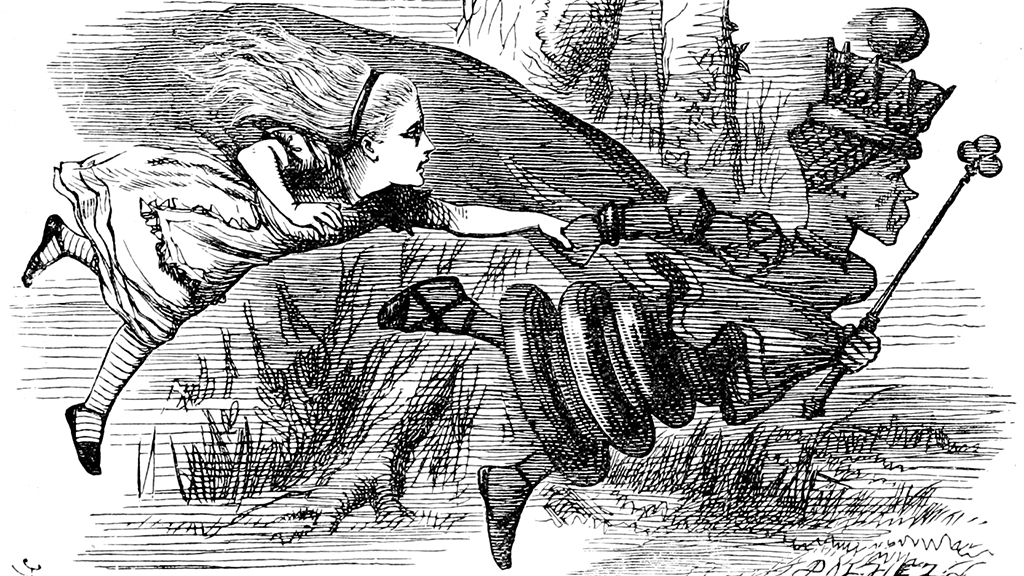Abstract
This case study introduces students to the "Red Queen Hypothesis." The hypothesis states that when two species compete for a limited resource or exist in a predator-prey relationship, in order for the antagonists to remain in relative population equilibrium, there must be ongoing and reciprocal adaptation on each side. If one species fails to adapt, it may quickly face extinction. Students are introduced to the Red Queen Hypothesis through an excerpt from Lewis Carroll's novel, Through the Looking Glass, in which Alice meets the Red Queen. They then review experiments from the research literature to evaluate the validity of the hypothesis in extant populations. Students culminate their learning by contrasting their knowledge of the Red Queen Hypothesis to Darwinian evolutionary theory based on a passage from On the Origin of Species. Students then craft a letter to Darwin helping to explain his "wedge" theory, a notion he originally developed but removed from later iterations of his book due to a lack of experimental evidence. Originally developed for advanced high school biology students, the case also may be used in a college-level introductory course on evolutionary biology.



